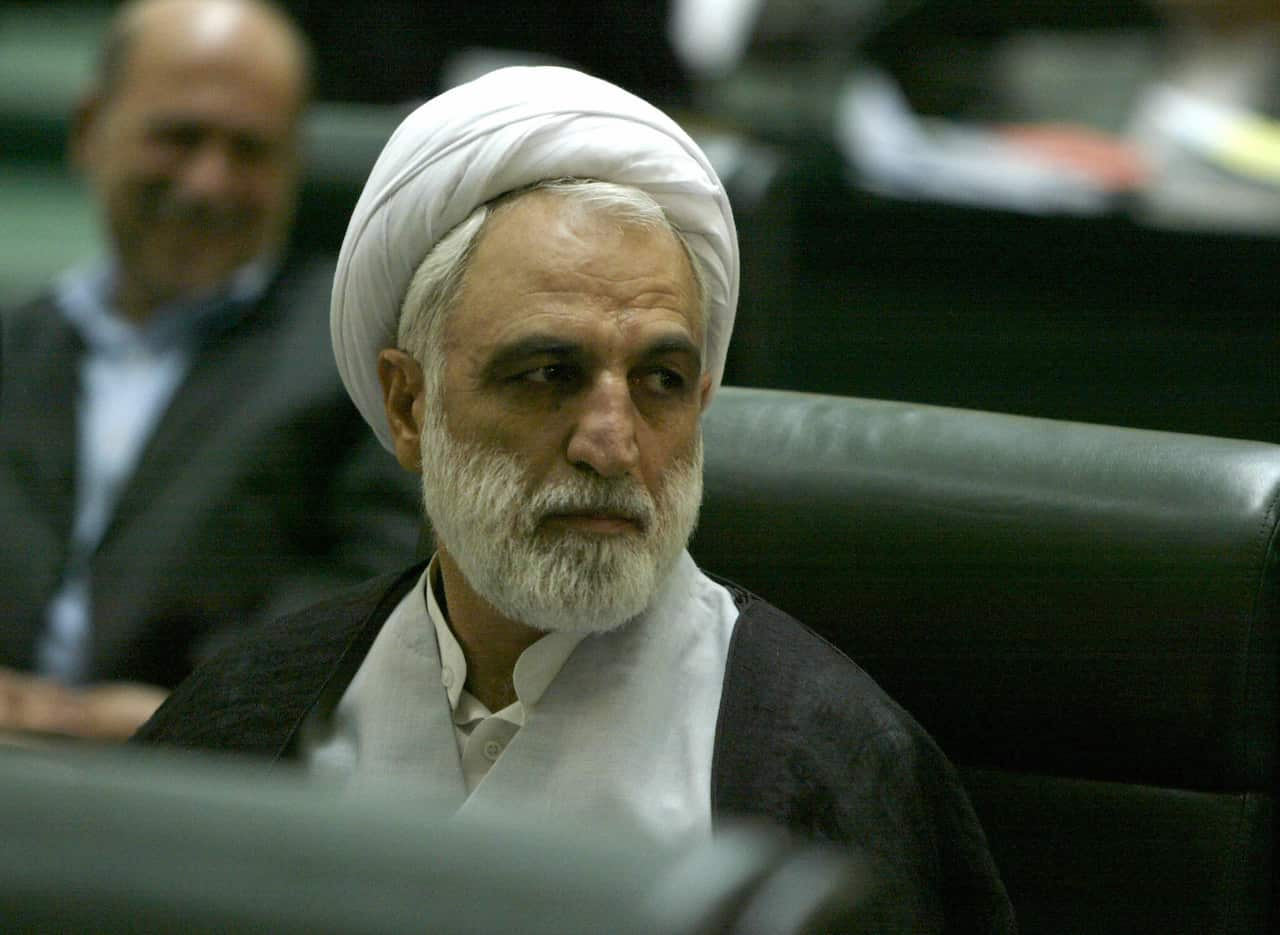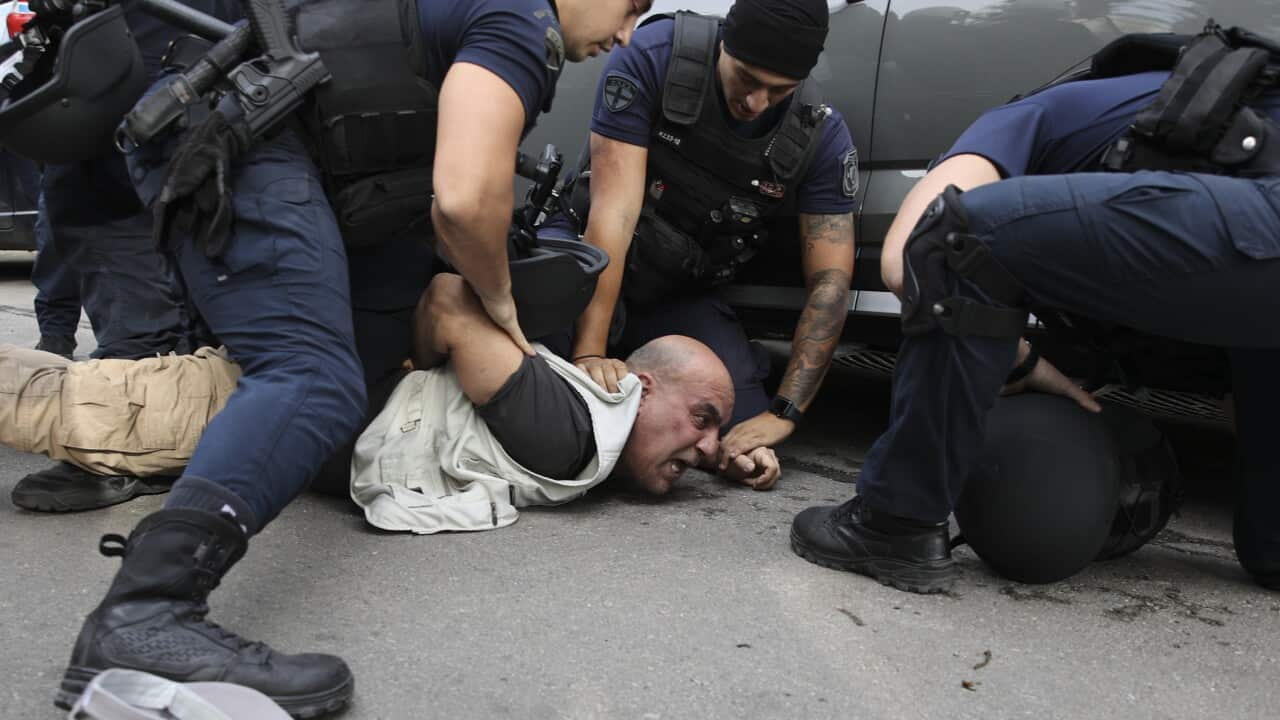Key Points
- Iran says it has pardoned a total of 82,656 prisoners and others facing charges.
- There's speculation the number released could be much greater.
- Protests have swept the country since the death of 22-year-old Mahsa Amini.
Iran says it has pardoned over 22,000 people arrested in the anti-government protests that have swept the country in recent months.
Iran's judicial chief, Gholamhossein Mohseni Ejehi, said on Monday a total of 82,656 prisoners had been pardoned, which included the protesters.
Demonstrations have swept the country since the September , who died while in the custody of the country’s morality police.
There was no immediate independent confirmation of the mass release of prisoners.

Iran's judiciary chief, Gholamhossein Mohseni Ejehi. Source: Getty / Atta Kenare/AFP
“Many people got arrested or prosecuted or even executed without any official kind of confirmation or official recognition,” he told SBS News.
“We don't have any exact data or information. This lack of transparency and accountability undermines the whole entire judicial process in Iran.”
The statement by Iran’s judiciary head offered insight into the government’s attempts to crack down on the demonstrations.
“This actually shows that the largest scale of the protests, it shows that the regime has been confronting the uprising through coercive means, rather than recognising these peaceful protests across the country,” Mr Saleh said.
Mr Saleh said speculates the number could be much greater and this should not be mistaken as a de-escalation of tensions in the region.
“Many of these people should have not been arrested or imprisoned in the first place.
“So exempting them or releasing them today is not a sign of the regime's mercifulness.”
Widespread anger over Ms Amini’s death has been further fuelled as the country copes with the collapse of the nation's currency and uncertainty over its ties to the wider world after the with world powers.
Mr Saleh says he feels Iran was forced to release protesters as holding so many people in the prison ‘would cost the regime a lot".
“These people have families and have relatives. Their imprisonment is reflected in international media broadcasted abroad, which would put more and more pressure on the regime.”
Despite demonstrations appearing to have slowed in recent months, Mr Saleh says the country’s anger will not subside easily.
“This doesn't necessarily mean that people are happy. That doesn't mean that people don't have any demands anymore. Actually, they do, more now because they have paid the price for the demands.”
“The regime needs to first recognise the rightful demands of people. Second, it needs to address them as soon as possible.”










